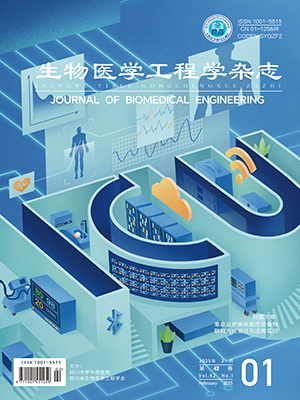The brain computer interface (BCI) can be used to control external devices directly through electroencephalogram (EEG) information. A multi-linear principal component analysis (MPCA) framework was used for the limitations of tensor form of multichannel EEG signals processing based on traditional principal component analysis (PCA) and two-dimensional principal component analysis (2DPCA). Based on MPCA, we used the projection of tensor-matrix to achieve the goal of dimensionality reduction and features exaction. Then we used the Fisher linear classifier to classify the features. Furthermore, we used this novel method on the BCI competitionⅡdataset 4 and BCI competitionⅣdataset 3 in the experiment. The second-order tensor representation of time-space EEG data and the third-order tensor representation of time-space-frequency EEG data were used. The best results that were superior to those from other dimensionality reduction methods were obtained by much debugging on parameter P and testQ. For two-order tensor, the highest accuracy rates could be achieved as 81.0% and 40.1%, and for three-order tensor, the highest accuracy rates were 76.0% and 43.5%, respectively.
Citation: WANGJinjia, YANGLiang. Tensor Feature Extraction Using Multi-linear Principal Component Analysis for Brain Computer Interface. Journal of Biomedical Engineering, 2015, 32(3): 526-530. doi: 10.7507/1001-5515.20150096 Copy
Copyright © the editorial department of Journal of Biomedical Engineering of West China Medical Publisher. All rights reserved




